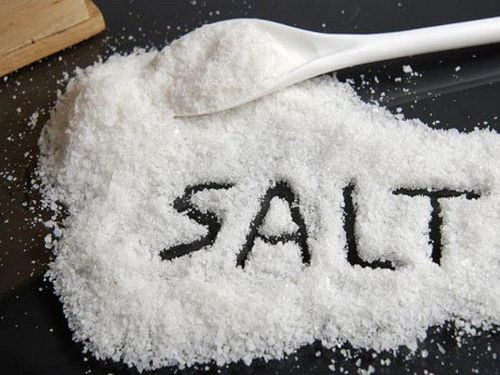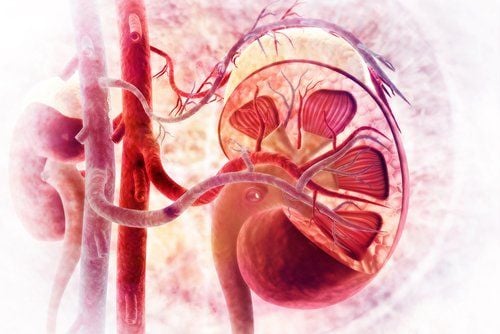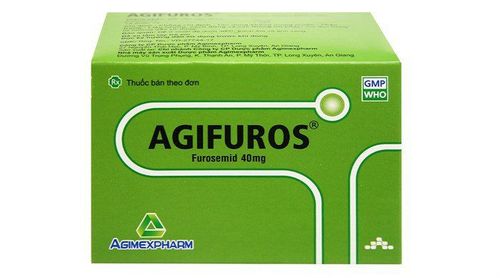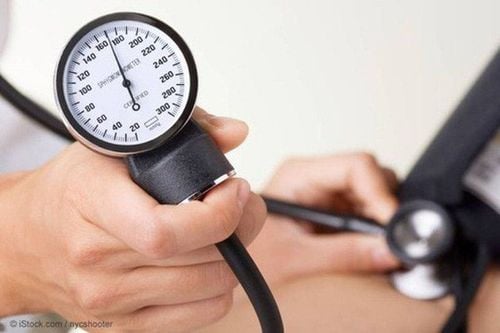This is an automatically translated article.
High blood pressure can cause damage in many kidney diseases. Among them, there is acute glomerulonephritis. This symptom can cause many dangerous complications for patients with acute glomerulonephritis.1. The relationship between hypertension and acute glomerulonephritis
The kidneys receive about 25% of the blood flow from the heart. An abnormal change in the kidneys causes feedback back to the cardiovascular system. High blood pressure has a direct impact on kidney damage, sometimes with irreversible damage. From mild manifestations such as the appearance of microscopic protein (albuminuria) in the urine to atherosclerosis of the renal arteries. Normally, the glomerular membrane never allows large molecules like proteins to pass through. But when high blood pressure occurs, the filter membrane of the kidney is damaged, the components that are not allowed to pass through.
For patients with long-standing hypertension, hypertension can affect the trunk arteries, gradually causing fibrosis and narrowing. The higher the blood pressure, the more severe the complications that occur in the kidneys. The ultimate consequence of the blood pressure effect is chronic renal failure. There is no other treatment for patients with chronic renal failure other than kidney transplantation.
Not only does high blood pressure cause kidney disease, the opposite also happens. Just a small change in kidney function will be enough to cause blood pressure to fluctuate, such as renal artery stenosis - the leading cause of renal hypertension and secondary hypertension; acute glomerulonephritis, chronic glomerulonephritis, nephrotic syndrome, renal failure. During the treatment of these diseases, blood pressure control is indispensable.

Kiểm soát huyết áp và điều vô cùng quan trọng để bảo vệ sức khỏe
2. Hypertension is a common symptom in acute glomerulonephritis
High blood pressure complications in glomerular disease account for a high rate. According to many reports, the prevalence of hypertension in glomerulonephritis is about 50-54%, that is, more than half of patients with glomerulonephritis have symptoms of hypertension. The mechanism that causes high blood pressure is probably because it blocks the "passing artery" in the kidney, leading to a change in the size of the kidney and causing swelling of the glomeruli.
The degree of tolerance and manifestation of the disease is different for each person, but it is all caused by the narrowing of the renal artery. This narrowing activates the paraglomerular apparatus and causes blood pressure to rise.
3. Treatment of complications

Hạn chế ăn mặn để tránh tăng huyết áp
Hypertension.
Diet: Abstain from salty foods.
Use of antihypertensive drugs such as calcium channel blockers (nifedipine, amlodipine); ACE inhibitors (captopril, enalapril); CNS depressants (aldomet).
If detected early and treated early, the higher the cure rate, the patient can recover completely. The younger the age, the higher the recovery rate. If the proteinuria test persists in the urine for more than 6 months, the disease is no longer capable of self-healing, acute glomerulonephritis becomes chronic glomerulonephritis.
The disease is common in young children from 3-8 years old, boys are more common than girls with a ratio of 2/1, adults in the family should not be subjective when young children get sick. When there are symptoms that can cause acute glomerulonephritis such as respiratory infections, skin infections, you should go to medical facilities for examination and treatment to quickly recover. People with acute glomerulonephritis need to follow a diet that includes limiting salt intake, eating less protein and potassium, and taking absolute rest when there is increased blood pressure.
Please dial HOTLINE for more information or register for an appointment HERE. Download MyVinmec app to make appointments faster and to manage your bookings easily.













